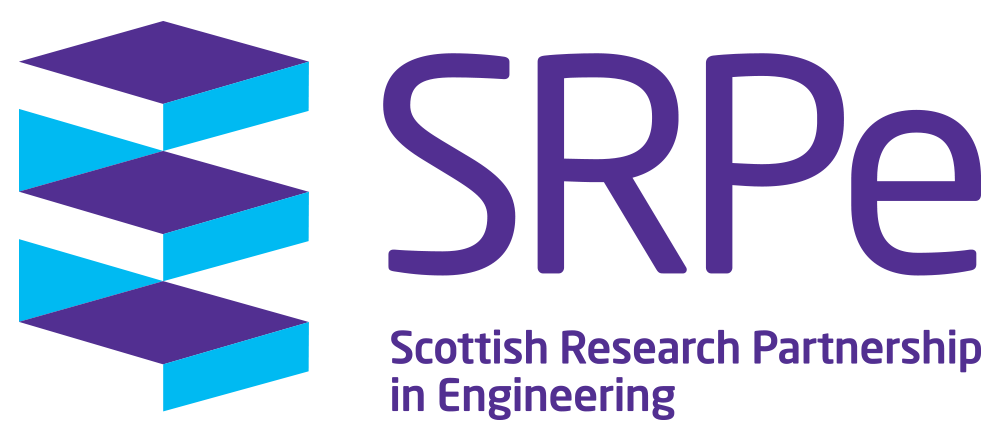Probabilistic Approach to Evaluate Need for Rail Remediation Using Large Data Sets
Academic Institution: University of Edinburgh
Academic Supervisor: Professor Michael Forde
Industry Partner: Loram UK
PhD Student: Konstantin Popov
Start Date: 1st October 2019
Abstract
This project will focus on improving the cost effective maintenance and operation of the track of existing railways – known as “classic” railways. The techniques developed from analysing big data from track recording vehicles will lead to more cost effective and targeted maintenance. This will lead to a better railway system at a reduced cost. The work will also be of value to High Speed railways.
During the life of a railroad track, the profile, or cross-section, of the train rail becomes worn so that the quality of the ride is diminished, then rate of rail wear is increased, and safety becomes compromised. Historically, the Identification of the need to conduct track work is done on an ad hoc basis as identified by either the geometry car (track recording vehicle) measurements, or by visual observations. Determination that the condition is unacceptable could be by defining a state of good repair (SGR) and assessing the probability that the SGR is not met. This approach can be used to evaluate track related repair using “big data” from a geometry car.
Railroads systematically collect vast quantities of data on the track quality using instrumented geometry cars: track geometry, irregularities in the vertical & horizontal alignment of the rails, track roughness & dynamic response of the train car.
The large data sets on track networks can provide years of useful data that can be used to determine the different probabilistic relationships. The three steps of this project are:
evaluation of data including assessment of probabilistic relationships;
development of a numerical analysis method that can automatically determine the SGR and that can automatically update the probability relationships as new data are received; and
test the application of the analysis method using a representative test rail network -in Scotland and the remainder of the UK.
